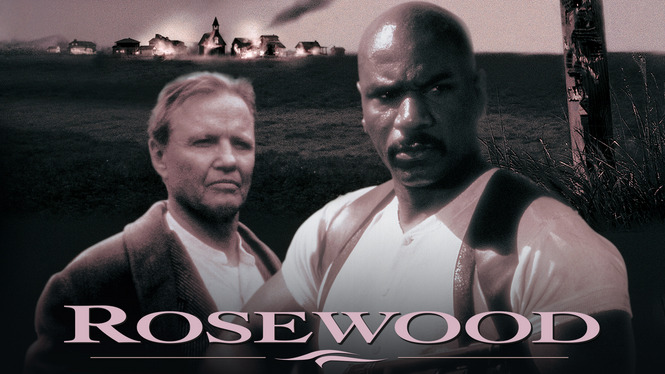Democracy Or ‘The Lieberman Effect,’ The Choice Is Ours By Tommy Ates
All is not right in the valley. That’s right, all is not right in the valley of democracy. (In theory, that is.)
That would be the assertion Democratic nomination presidential candidate Senator Joe Lieberman is ‘unintentionally’ conveying as he tries to distinguish his message from the growing ‘anti-occupation’ sentiment which grows amongst the Democratic primary faithful as mid-west Republican angst rises with President Bush’s domestic farm policies. Running a platform of “war-causing” public virtue in face of daily Iraqi resistance and tiredness of domestic constituencies is a very fine line to walk in the road to the White House. On the one hand, raising the notion of blind loyalty to the President on behalf of the U.S. occupation troops in Iraq is one thing; tongue and cheek criticizing of the vocal democratic resistance is another. Let us not forget that while the Bush administration has America (and the world) flummoxed over the fate of Iraq, the original educators of terror, Al-Qaida, is on the move. Successful attacks at soft targets in Saudi Arabia and Bali, Indonesia, will not give Osama bin Laden and company any hesitation in planning and executing large-scale attacks in the United States mainland or military targets. Far from it, all the noise of the occupation would give the predator the advantage in striking the victim, looking the gathering storm, but not noticing the elephant in the room. The current slate of Democratic candidates, while Bush contenders, should not add to the “static,” rather flash a light of truth to an already jaded, and pacified American public.
There is no surprise regarding Senator Joe Lieberman’s philosophical stance on the Iraq conflict (and the Bush administration’s reasoning for going to war) among the Democratic party faithful; there is surprise that Lieberman believes having an indistinguishable foreign policy against an incumbent president will get him elected.
And why does this former vice-presidential candidate matter in the 2004 race? Senator Joe Lieberman may not be the Democrat with the most loyal support within the Democratic Party, but he does resonate with political and apolitical moderates alike. The strength (or brevity) of his endorsement of the eventual Democratic Presidential nominee may affect the strength of independents, and moderate “McCain” Republicans, upon whom the 2004 presidential election could be decided.
As the current nine democratic candidates rumble in the political jungle (and the Iraqi occupation “morass” continues [quoting Secretary of Defense Donald Rumsfeld], the logic is not all together clear that “pro-war” candidates, like Joseph Lieberman (Senator John Kerry, Representative Richard Gephardt) would give their ‘complete and wholesome support’ to the eventual Democratic nominee who was outspoken against the war (former Vermont Governor Howard Dean). After all, when the political careers of these men benefited from the post-9/11 world of democratic “Republican-litism,” expounded by Lieberman’s and Gephardt’s strong support of the Bush tax cuts, the still-controversial Afghanistan and Iraqi strategies of military pre-emption, and ‘rewarded’ to Democrats in the 2002 mid-term elections suffering huge losses in the Midwest and further deterioration in the South.
Candidates John Kerry and “union-baptized” Richard Gephardt have already backtracked their positions of support of Bush foreign policy and the once much ballyhooed tax-cuts. With a U.S. deficit over $500 billion dollars, even conservative Democrats realize the current president is vulnerable over the economy, and this pit of gravel from the Clinton years has quickly become quicksand, drowning any candidate who touches it. (And Bush already dropped his economic team, headed by Bruce Lindsey; and with Republicans in charge of both the House and the Senate, he has no excuses).
Both Democratic candidates and the Republican President cannot play the same tactic of loyalty and fealty to democratic American ideals while having two separate agendas in handling the looming occupation morass.
In order to truly “fix’ democracy (in Iraq and America), it is time to flush those ideas out. Let us hope all the presidential contenders will not be afraid to say what is on their minds and what truly concerns the public, if they don’t, the American public may have the ‘Lieberman effect,’ which is no difference at all.








